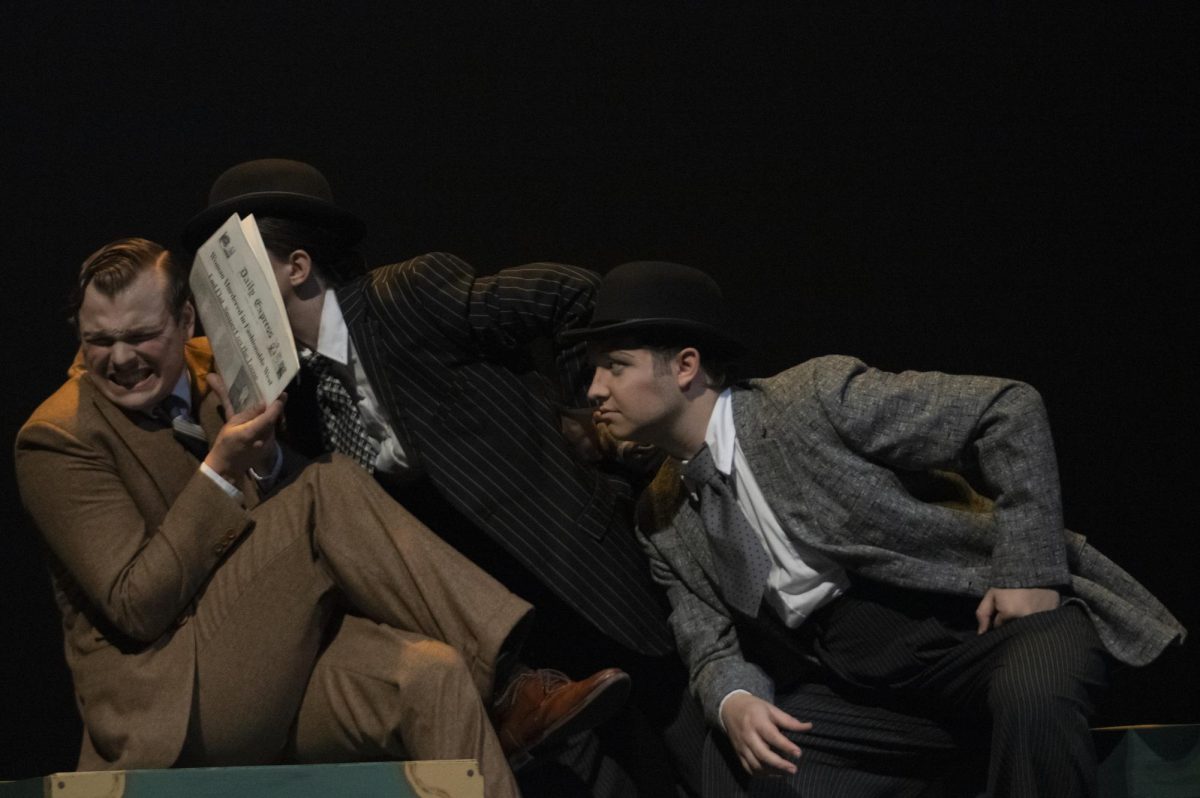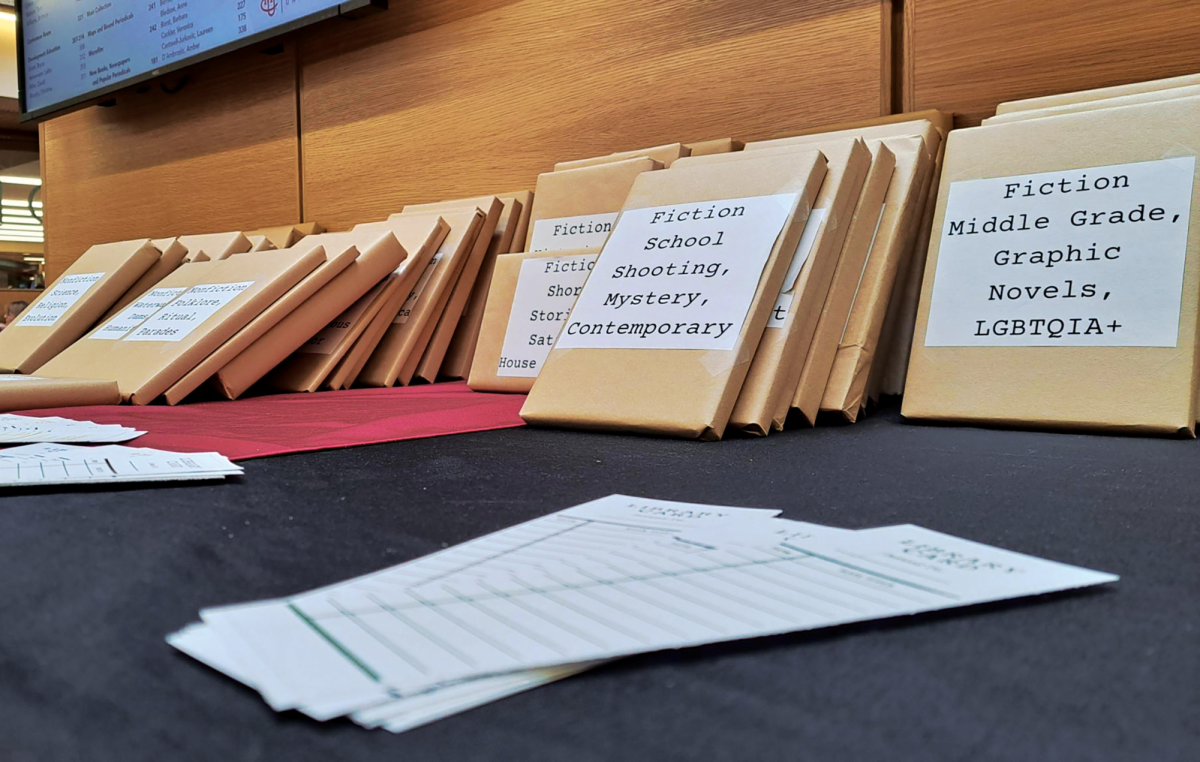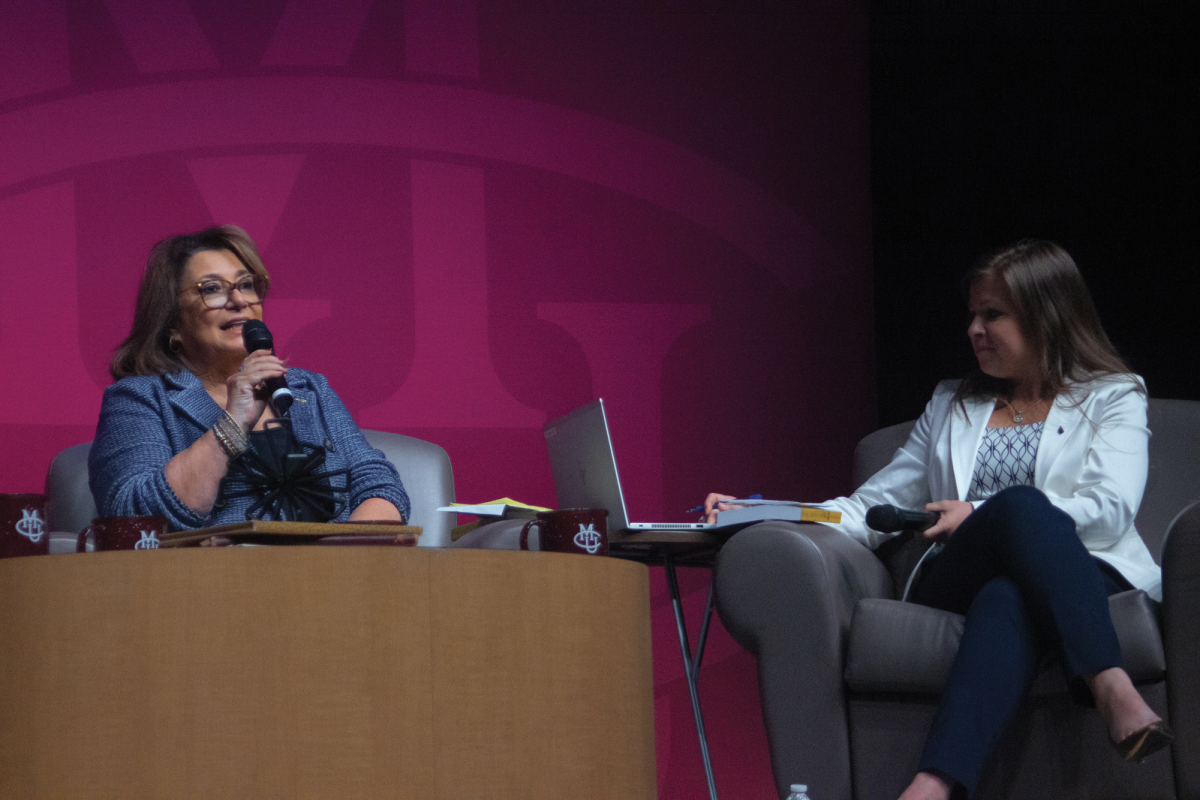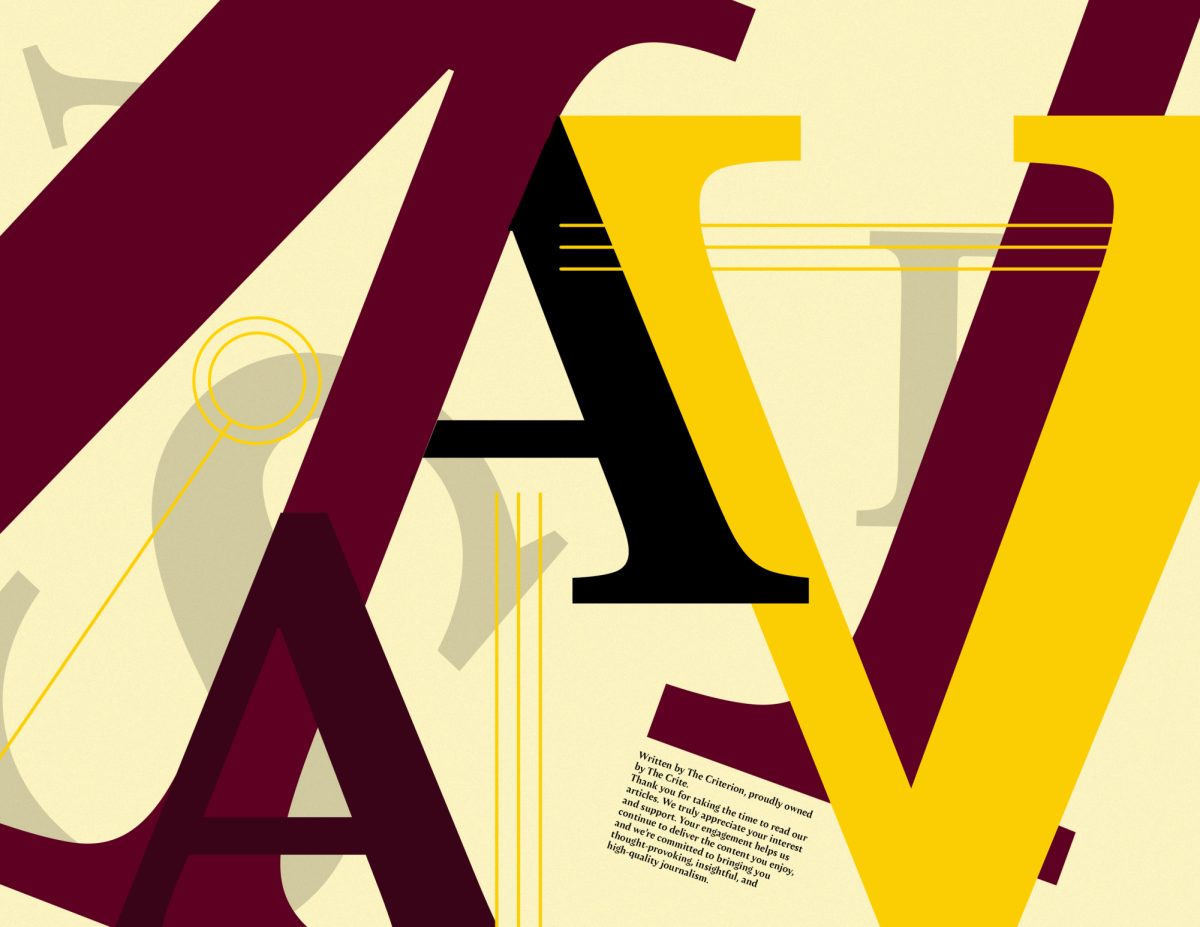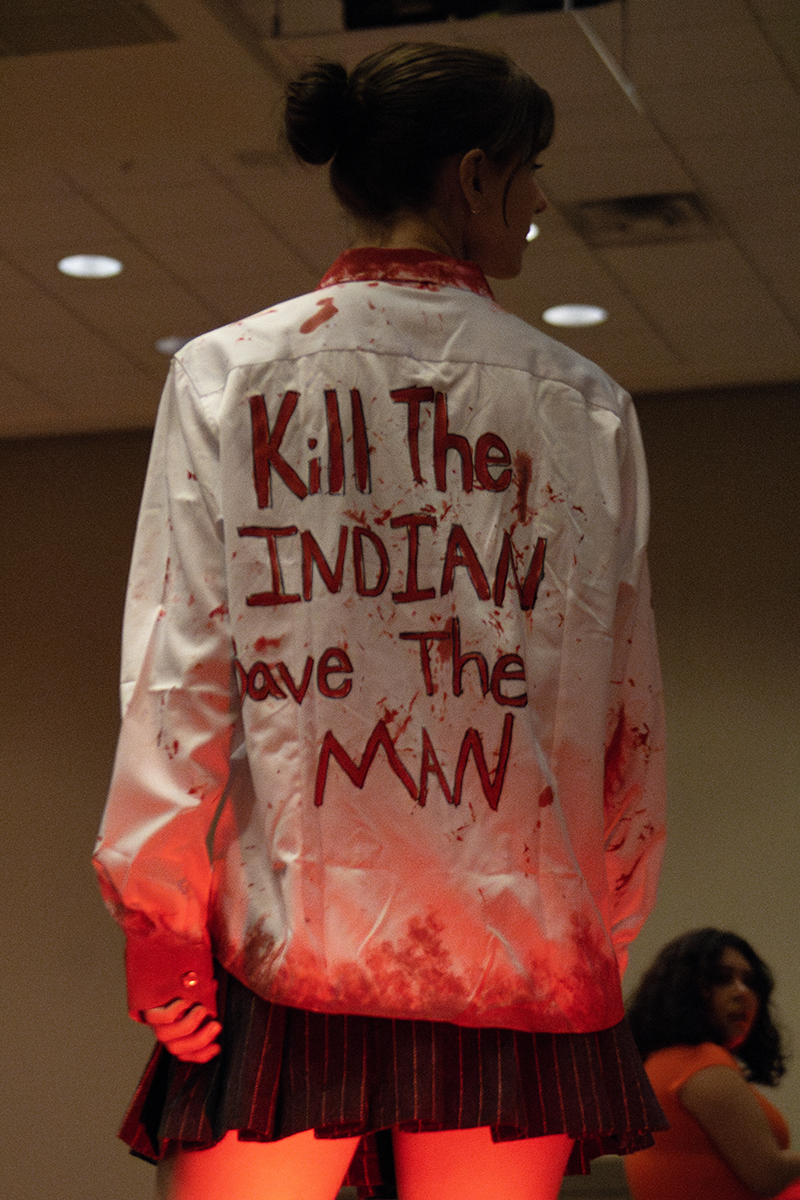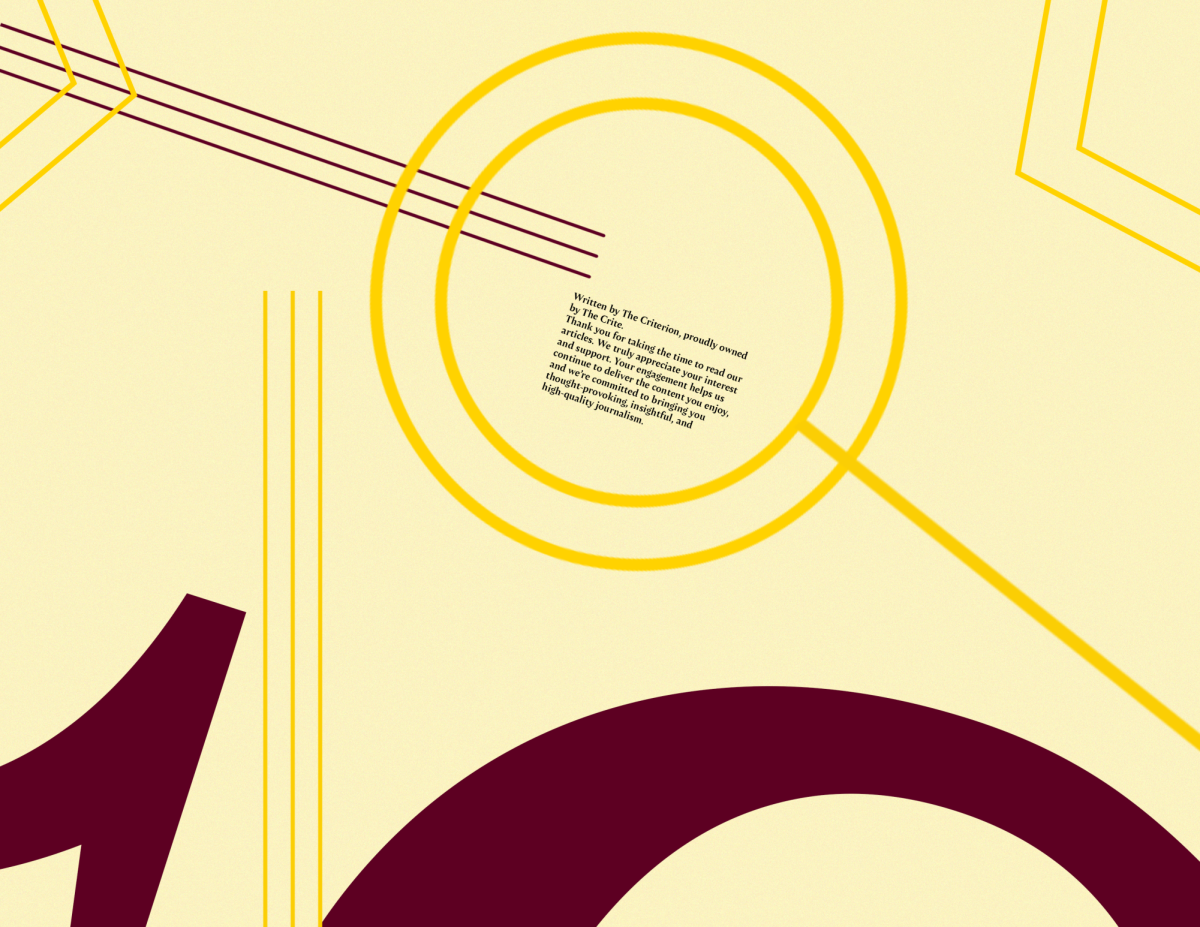In a previous article, “We want to give him what we can,” the Society of Women Engineers created a project to help a Colorado Mesa University track student with one arm have an easier sprinting start. Callie Trautner, head of the project and sophomore at CMU, has talked with the US paralympic team and is now beginning the official prototype for sprinter Jack Briggs. But what about Briggs’s story?
…
“I don’t think people understand how valuable your hands are until they break or sprain one of them,” Briggs said. “As an amputee, I have to adapt or find different ways to basically do everything. Sometimes this can be frustrating, but I don’t mind being different, there is nothing I can change about myself so you just have to embrace it. Honestly, we all have features or parts of our body that we don’t like and we try to hide them, and the biggest way to overcome that is to embrace your body and not give a damn as to what other people think of you.”
Briggs has lived his whole life without his right hand. He was born with no forearm or hand, leaving him with just a little below his elbow of his arm.
“It has impacted my life in many ways,” Briggs said. “You have to use your hands for everything you do in life, whether it is running, lifting, cooking, typing, putting clothes on, etc.”
Briggs ran track in high school and continued to run for college and other teams.
“I was not planning on running track in college until my senior year of high school,” Briggs said. “But, I was spotted at an indoor meet by an amputee who told me to go look up US Paralympics and as soon as I looked up what paralympics were and that I was eligible to compete, my life changed.”
Since joining the US Paralympics team, he has qualified for World Championships in Doha, Qatar and then the Pan Am Games in Toronto. He also went to London.
“It has also changed the path of my life and has allowed me to travel to places I would have never thought about going to,” Briggs explained about not having one arm.
Briggs also runs for the CMU track team and is a sprinter. The hardest part for Briggs is not running without one hand, but the start. For sprinting, the competition lineup and lunge down. Then, with the use of their arm and leg muscles, they push off a block to explode down the track. Briggs only has one arm to surge forward.
He has his own personal block that he has been using for about two years. Before the block, he explained how he would do a three-point start, which made him slower.
This year, Society of Women Engineers has created a project to build something perfect for Briggs.
“At first I wasn’t really sure about it because I’ve been using my block for about two years and I didn’t want to change it,” Briggs said. “But once I thought about some of the changes I need to make to it, I was all for it. Right now, I’m willing to do anything to improve my start.”
The start can make or break it for a sprinter. This is why his biggest hope for the project is to improve his start. He doesn’t have any fears for he explained that he trusts Trautner and the group.
[media-credit name=”Courtesy of Jack Briggs” align=”alignright” width=”3000″] [/media-credit]
[/media-credit]
“As a sprinter, the start is a crucial part of the race and I’m already at a disadvantage before the race even starts,” Briggs said. “So the less of a disadvantage I have at the start, the better I will run.”
Briggs believes that with talking and working with the engineering group that it will create something that will allow him to run faster times and be more comfortable off the blocks.
Traunter gave an update on the groups’ timeline, saying that they are going to finalize on a design in the next few weeks. After that, they will build the first prototype that they will give to Briggs to test. Then the group can adjust based on Briggs feedback and continue from there. Although they are still waiting on absolute confirmation from the National Collegiate Athletic Association, Trautner believes she understands the guidelines and can make a prototype that would not break any rules.
The group is in action with Briggs waiting on the sidelines to try out something new and hopefully helpful to his sprinting career.



